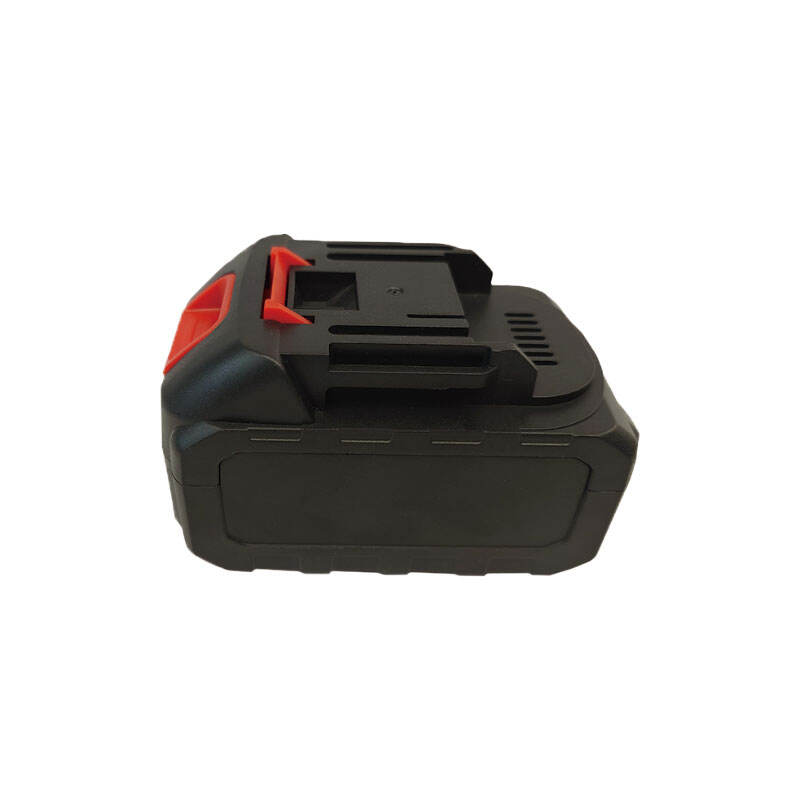high capacity lithium battery
High capacity lithium batteries represent a significant advancement in energy storage technology, offering exceptional power density and extended operational life. These advanced power solutions utilize lithium-ion chemistry to store and deliver substantial amounts of electrical energy, making them ideal for various applications. The batteries feature multiple layers of active materials, including lithium-based cathodes, graphite anodes, and specialized electrolytes, all engineered to maximize energy storage capacity while maintaining safety and reliability. Modern high capacity lithium batteries incorporate sophisticated battery management systems (BMS) that monitor and optimize performance parameters such as temperature, voltage, and charge cycles. These batteries typically deliver between 150-250 Wh/kg energy density, significantly surpassing traditional battery technologies. Their robust construction enables thousands of charge-discharge cycles while maintaining consistent performance. The technology supports rapid charging capabilities, with many models achieving 80% capacity in under an hour. These batteries find extensive applications in electric vehicles, renewable energy storage systems, portable electronics, and industrial equipment, where their high energy density and long service life provide significant advantages.


